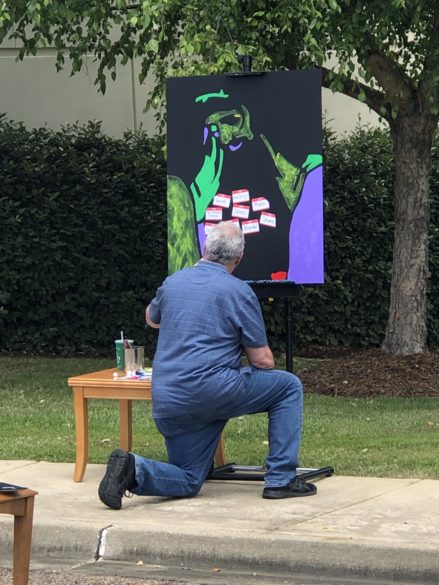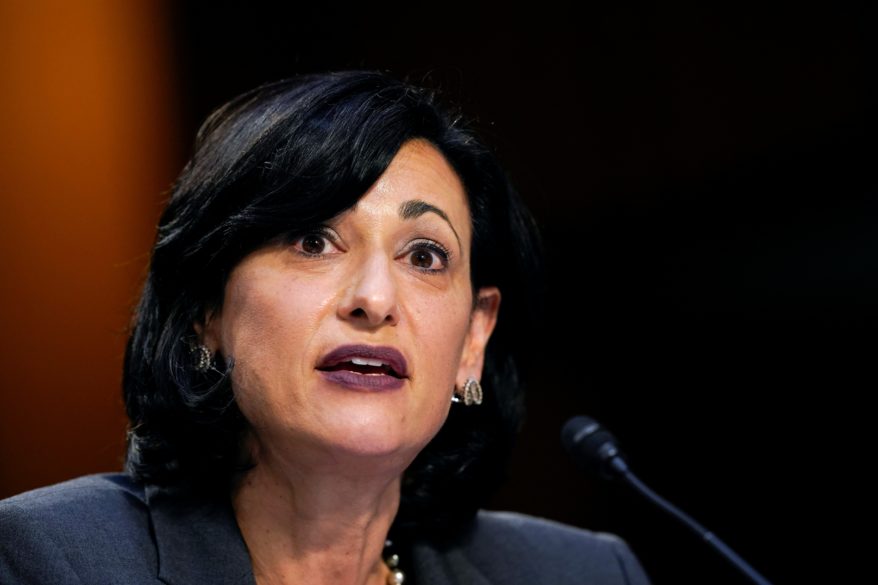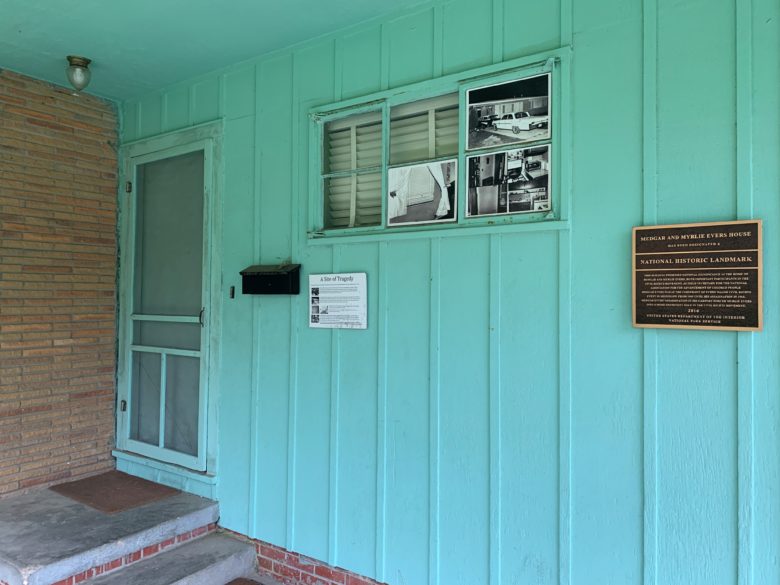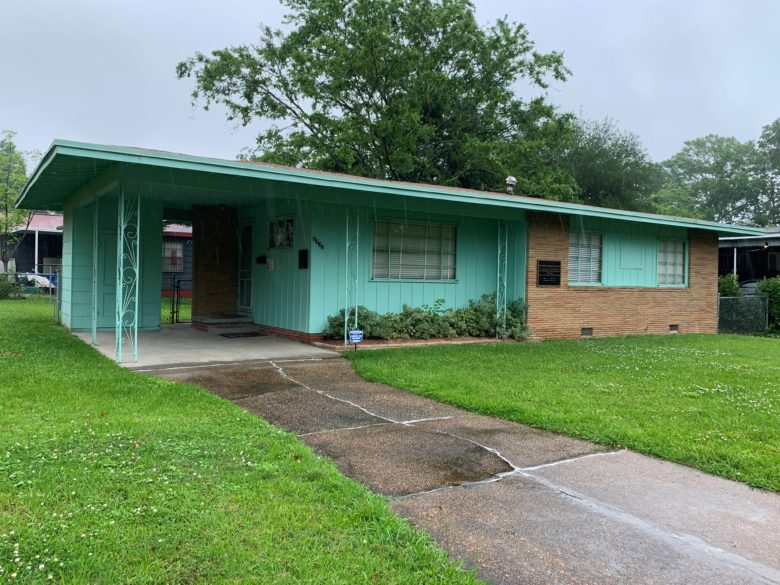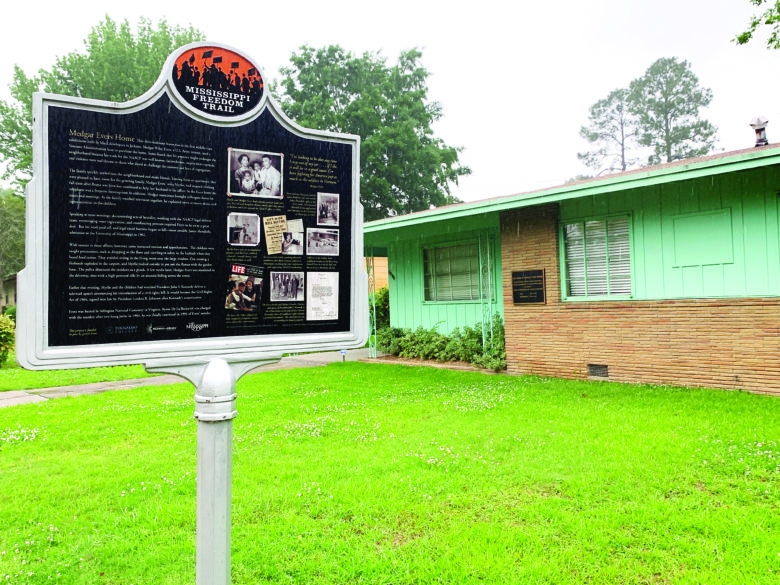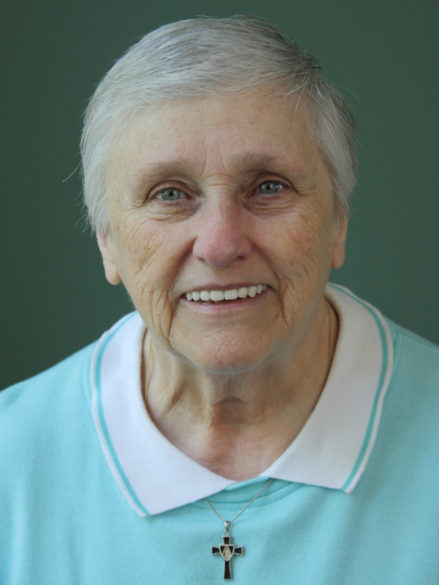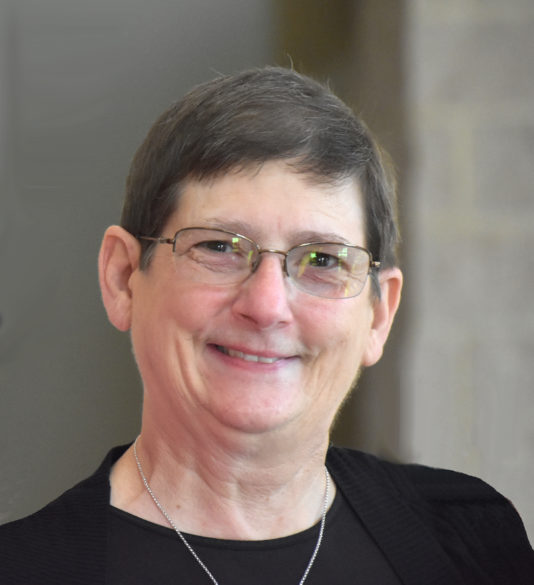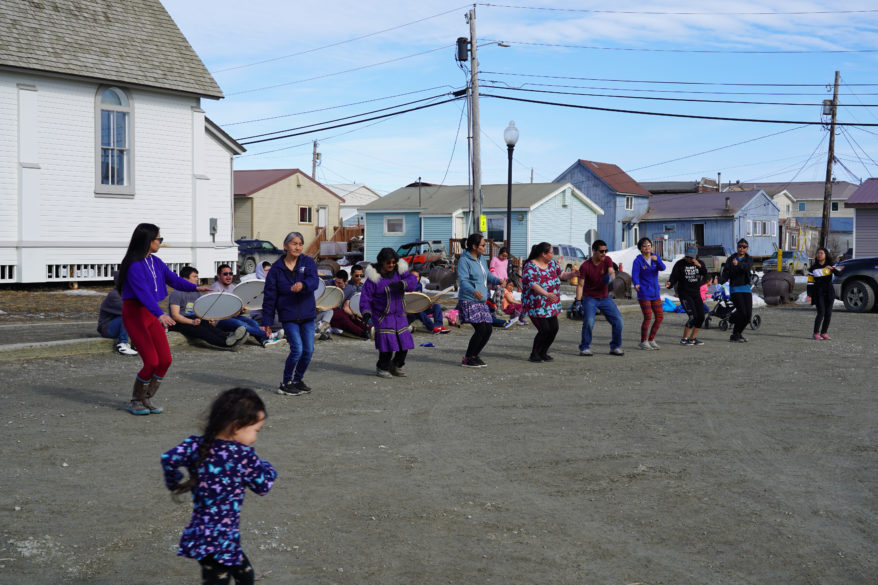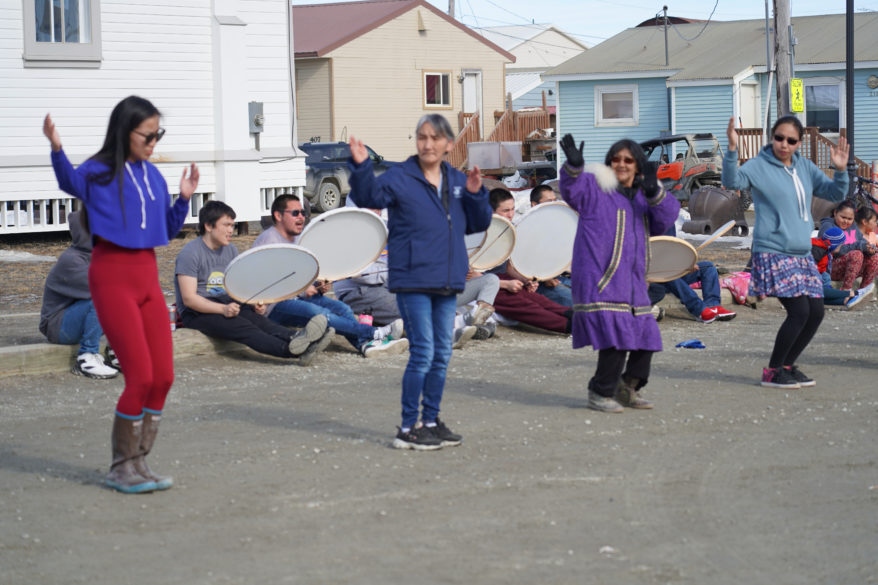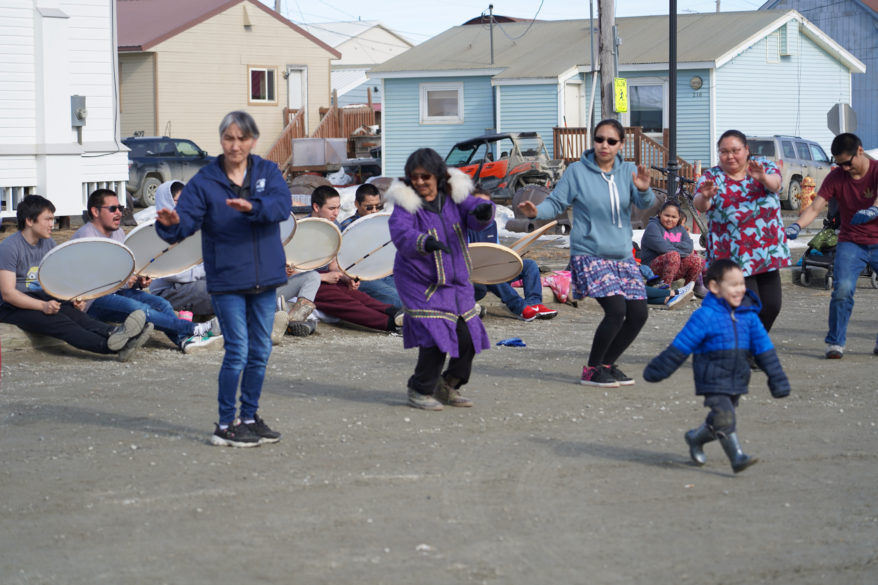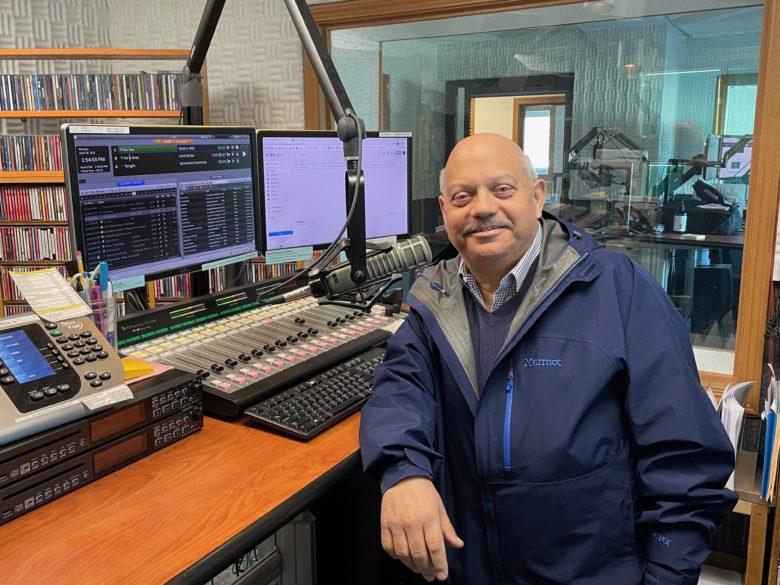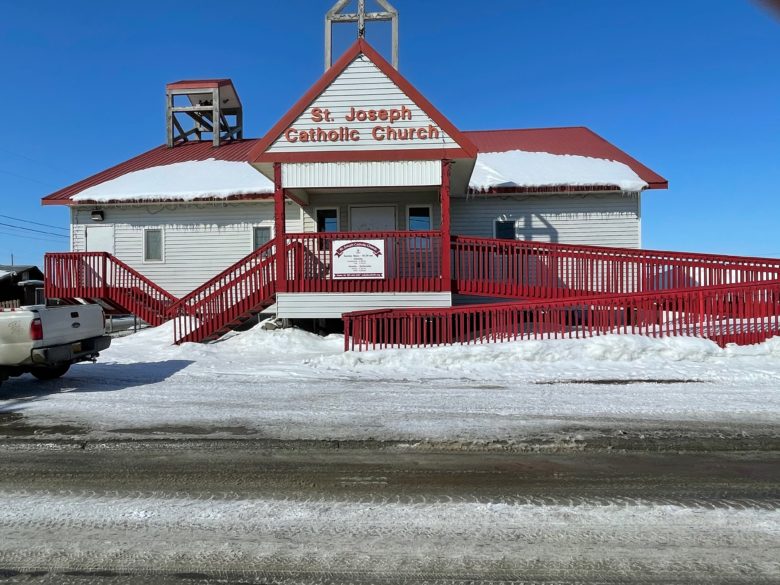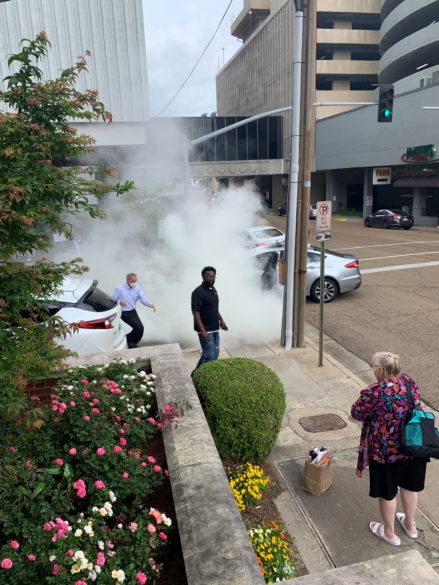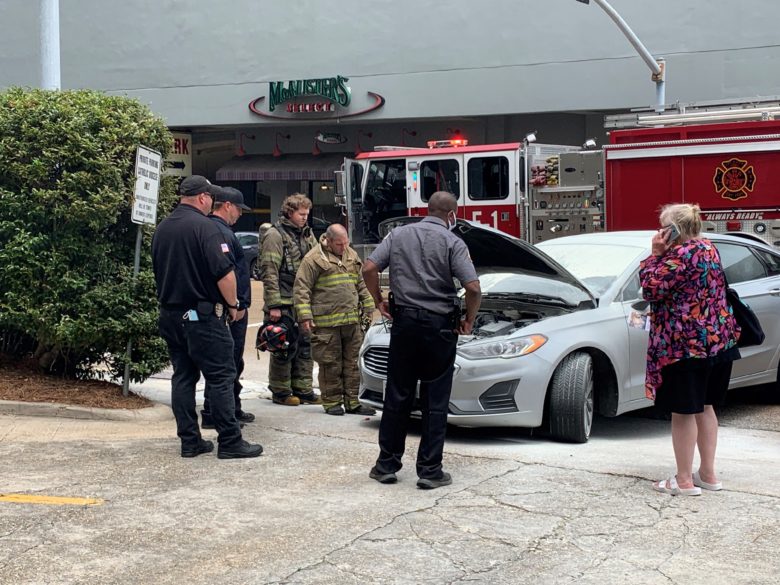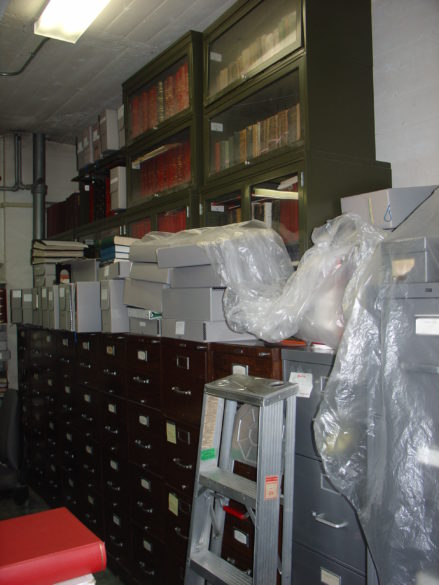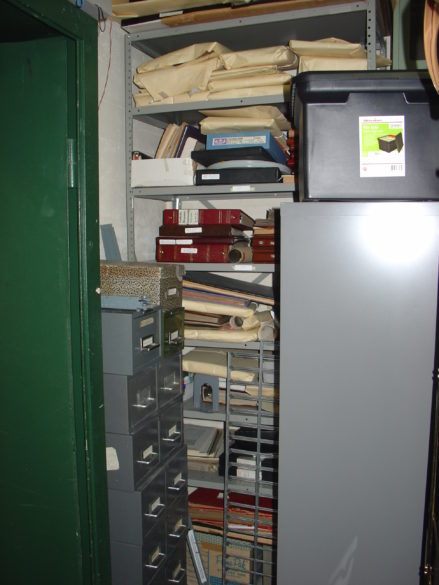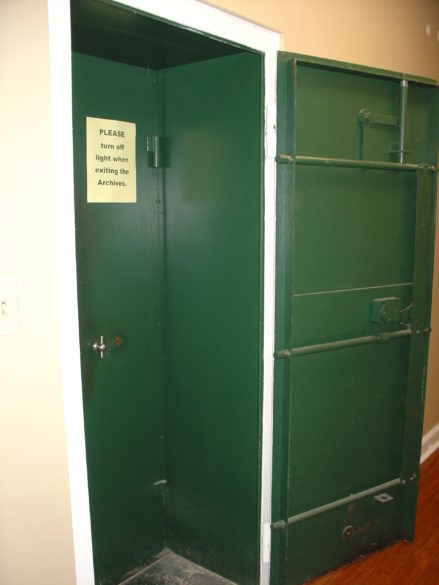SPIRITUAL ENRICHMENT
NEW ORLEANS Our Lady of the Cenacle Retreat Center, Women’s Retreat, “Finding Peace in Uncertainty” on July 9-11. Know that by depending on God in trying times, you are putting your faith into action. When we get caught up in the trauma of our trials, God calls us to depend on His power to persevere. We wait in faith, prayer and grace. Presenter: Father Paul Hart, who is director of retreats at St. Joseph Abbey and director of the preaching ministry office of the Mid-America Province of the Capuchin Order. He conducts retreats, parish development programs, and religious education workshops. He also serves as chaplain at Brother Martin High School. The retreat center’s capacity is limited due to COVID-19 and they are currently accepting registration on a first come first serve basis. A non-refundable deposit is required. Details: to register, contact the retreat office at (504) 267-9604 or www.neworleansretreats.org/retreats.
PARISH, FAMILY AND SCHOOL EVENTS
GREENVILLE St. Joseph, Society of St. Vincent de Paul volunteers are needed on Tuesdays or Wednesdays from 8:30-10:30 a.m. Please come to 711 Washington Avenue if you can help. Details: church office (662) 335-5251.
JACKSON – Catholic Charities, Bishop’s Ball, Friday, June 18, 6:30 p.m. cocktails; 7:30 p.m. dinner at the Country Club of Jackson. Live auction and live entertainment. Dress is cocktail attire. Cost: $85 per person or reserve table at $1,000 for eight people. Online auction and raffles begin on June 10 at www.bidpal.net/bb21. Details: Charities office at (601) 331-1152 or purchase tickets at www.bidpal.net/bb21.
OLIVE BRANCH Queen of Peace, Blood Drive will be Sunday, June 20 from 8:30-11:30 a.m. at the Father John Young Center. Walk-ins are welcome. Details: church office (662) 895-5007.
JACKSON St. Richard, Fourth of July Family Picnic is back! Sunday, July 4 after 5 p.m. Mass. Details: church office (601) 366-2335.
YOUTH BRIEFS
CLARKSDALE St. Catholic Community of St. Elizabeth and Immaculate Conception, Cornhole Tournament, Wednesday, June 2 at 5 p.m. in front of McKenna Hall. All youth entering 7-12 grades are welcome to attend and invite their friends. Wingstop will be served. Details: church office (662) 624-4301.
GREENVILLE St. Joseph, Vacation Bible School, June 21-24, 9 a.m. to 12 p.m. in the parish hall. Details: Contact Mary Ann Barker (662) 335-5251 for more information or to sign up to help.
MADISON St. Joseph School, Annual Bruin Burn Color Run 5K Run/Walk and Fun Run, Saturday, July 24. All proceeds support the St. Joe Athletic Program for the benefit of all St. Joe Athletes. Details: Beth Vanderloo at (601) 906-9501 or bethbailey68@yahoo.com.
MERIDIAN Catholic Community of Meridian, Youth Gathering, Sunday, June 13 at 4 p.m. in the Family Life Center. Youth sixth grade through seniors are welcomed. Details: for more information, please contact Angela Dove at the Parish Office (601) 436-6025 or by email Angela@catholicmeridian.org.
Summer Parish Battle: How well do you know your Catholic Faith? Parish versus parish for a battle of the wits, Saturday, June 19 beginning with lunch/registration at 11 a.m. and ending with 5 p.m. Mass. All parish youth groups are invited to form teams to compete in trivia competitions and physical challenges and end the day with reconciliation, rosary and Mass. Teams can consist of youth (grades 6-12) and adults. Team with the most points at the end of the day wins trophy and bragging rights for a year! Registration is due by June 4 and there is no cost. Details: Angela Dove at angela@catholicmeridian.org or (601) 693-1321 or (601) 436-6025.
NATCHEZ St. Mary Basilica, Regnum Dei – Finding God in All Things, June 14-18 (Week 1) and June 21-25 (Week 2). All parish youth groups (grades 9-12) are invited to their summer camp program. You can choose to attend one day, a few days or a whole week and join the youth for their summer service camp and lot of fun. Cost is $50 for the week or less depending on the number of days you plan to attend plus the hotel costs. There will be hotel blocks for any groups wishing to stay overnight. Registration is due by June 4. Details: Carrie Lambert at the church office (601) 445-5616 or stmaryyouth@cableone.net.
PEARL St. Jude, Join Vacation Bible School – family style (for youth in kindergarten to sixth grade), Wednesday evenings June 2, 9, 16, 23 and 30 from 6:30-7:30 p.m. Bring your picnic blankets or lawn chairs. The theme is Summer Games, centering on the life of Daniel. VBS will be celebrating a different Olympic continent (and saint from that continent) each week as students learn to train, compete and reach the goal through the story of Daniel. Registration is required. Families must register for each day and it will end 24 hours before the event. Details: Register at https://signup.com/group/444217444062 or call Stacy Wolf at 601-939-3181.
VICKSBURG (All parishes) Vacation Bible School “Camping in God’s Creation,” July 19-23 from 9-11:30 a.m. for kindergarten through sixth grades in the Vicksburg Catholic School gym and cafeteria. Details: Contact Lindsey Bradley at lindsey.bradley@vicksburgcatholic.org for more information.
Newman Connect App Please encourage your Class of 2021 grads to sign-up with the Newman Connection through the new Newman Connect App. This is completely free and it helps connect our young people to the Catholic Campus Ministry programs at the colleges and universities they plan to attend in the fall. Details: https://www.newmanministry.com for more information.

